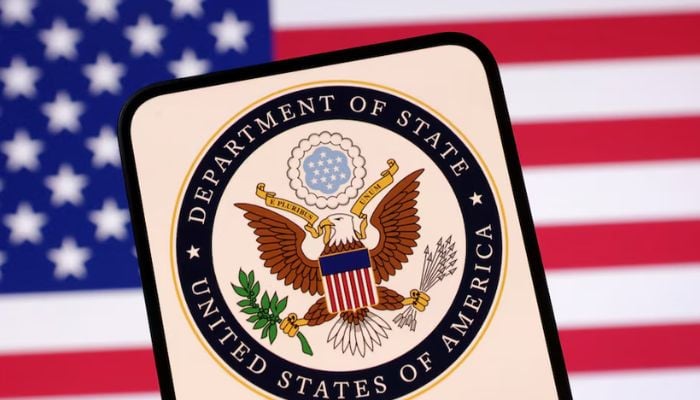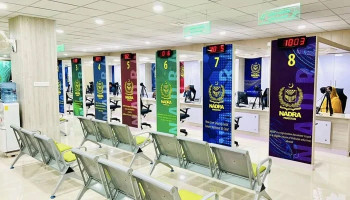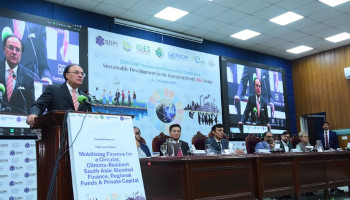
The Trump administration has introduced new visa screening rules allowing US embassies to deny visas or permanent residency to applicants with chronic health conditions such as diabetes, obesity, cardiovascular, respiratory, neurological, mental health, and metabolic disorders.
According to the directive issued on Thursday, visa officers have been instructed to assess whether applicants can independently afford their medical expenses.
The guidance cited concerns that individuals with costly or long-term conditions might become a "public charge", which could be reliant on government-funded healthcare or social assistance.
It also instructs the National Guard officers to assess applicants' dependents' health and whether family illnesses could impact the ability of the household to be self-sufficient in the United States.
Earlier, the medical screenings for visas mainly targeted communicable diseases, vaccination records, and limited mental health cases.
The new framework has significantly expanded this scope, allowing embassy officials wider latitude to evaluate applicants’ health and economic viability, even though they are not medically trained.
This has drawn criticism from immigration lawyers and public health experts. Catholic Legal Immigration Network Policy Director Charles Wheeler has warned that the policy “invites subjective and potentially biased assumptions” about medical costs.
Georgetown University Health Policy Expert Sophia Genovese described the move as “deeply troubling”, saying it could unfairly exclude millions of applicants with common, manageable chronic conditions.
Medical clearances by embassy-approved physicians will still be required. Among the things checked are communicable diseases, substance use, mental health, and vaccinations.
However, chronic illness and long-term care costs will now be a central factor in visa eligibility determinations.
















